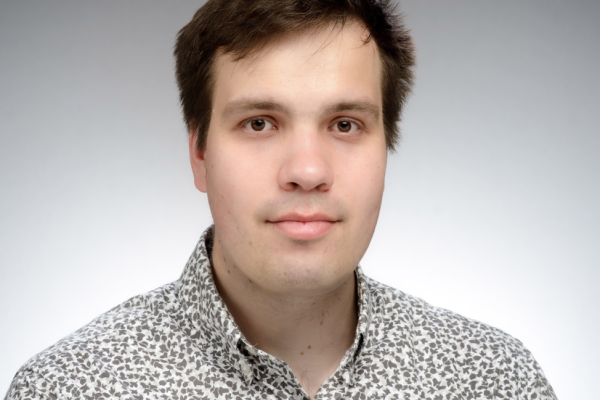
Mon, February 5, 2024
10:15 am - 11:15 am
4138 Physics Research Building
Petr Stepanov
Notre Dame University
Near-field Photovoltage Microscopy in the Heavy-Fermion Moiré Twisted Symmetric Trilayer Graphene
Location: 4138 Physics Research Building
Faculty Host: Jeanie Lau
